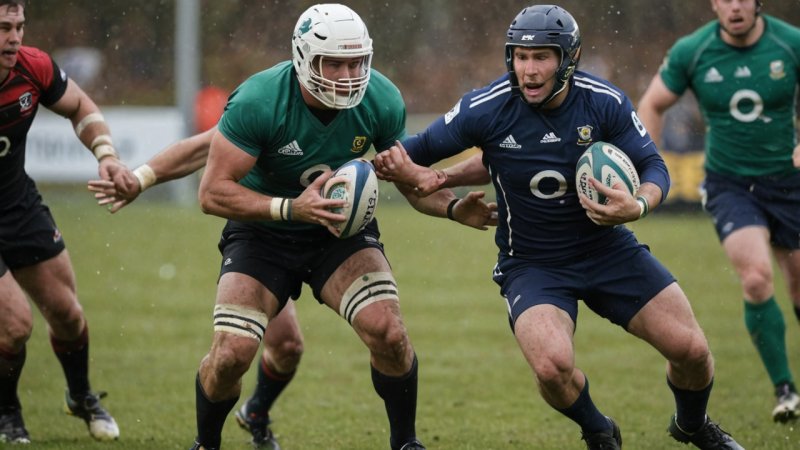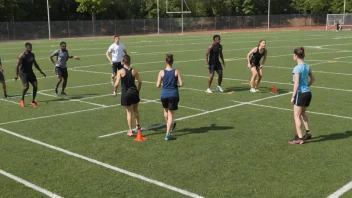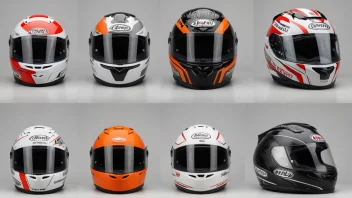When it comes to contact sports like football and rugby, the risk of injury is inherent. However, with the right protective gear, athletes can significantly reduce these risks while enhancing their overall performance. Understanding the essential protective equipment tailored for each sport can empower players to prioritize safety on the field.
In football, the helmet stands out as the foremost protective gear. Designed with advanced materials and technology, modern helmets are essential for safeguarding against concussions and other head injuries. It's crucial for players to select helmets that have been rigorously tested and certified by organizations like the National Operating Committee on Standards for Athletic Equipment (NOCSAE). Regular helmet maintenance and proper fitting are equally important to ensure optimal protection.
In addition to helmets, facemasks provide an additional layer of safety. Facemasks come in various styles, and players should choose one that offers adequate face protection while allowing for maximum visibility. The choice of facemask can depend on position; for example, linemen might opt for a more robust design, while skill players may prefer a lighter option that enables faster movement.
Rugby players also prioritize head protection, albeit through scrum caps. While these caps do not prevent concussions, they help protect against cuts and abrasions during scrums and tackles. Players should ensure the cap fits snugly and allows for unhindered movement, as visibility and awareness are crucial in rugby.
Shoulder pads are vital for both sports, protecting players from upper body injuries. In football, shoulder pads must fit well and allow for freedom of movement, as they need to offer protection during tackles and blocks. Rugby players may use lighter shoulder pads that provide necessary protection without impeding performance.
Mouthguards are essential for both football and rugby players. They protect against dental injuries and can help mitigate the severity of concussions by stabilizing the jaw. Custom-fit mouthguards are recommended for optimal protection and comfort, ensuring players can communicate and breathe easily on the field.
Lastly, padded shorts and knee guards are increasingly common in both sports. These items provide cushioning and protection for vulnerable areas, allowing players to engage more confidently in contact situations. Selecting gear that fits well and allows for breathability is essential for maintaining comfort during play.
In summary, protective gear is crucial for football and rugby players aiming to enhance their safety while competing. From helmets and mouthguards to shoulder pads and scrum caps, each piece of equipment plays a vital role in reducing injury risk. By prioritizing proper gear selection and fitting, athletes can enjoy the game while focusing on their performance and teamwork.
Protective Gear: Safety in Football and Rugby
Explore the essential protective gear for football and rugby to enhance athlete safety and performance on the field.






